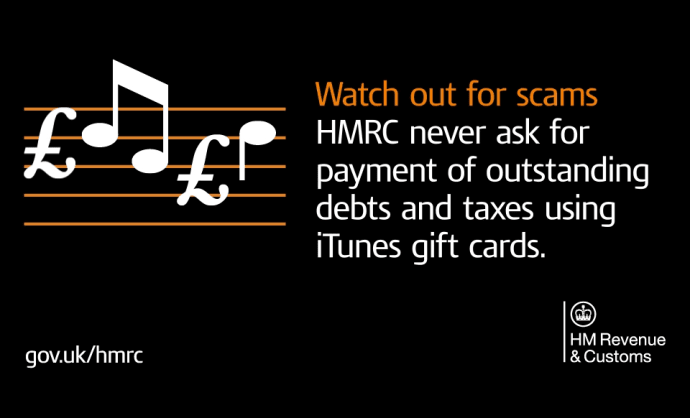HMRC has not made enough progress on the Loan Charge

HMRC has made progress in improving the way it manages the Loan Charge and in tackling promoters of disguised remuneration schemes, but there are far too many shortcomings in the way its response to the Morse Review is being implemented.
In its actions, HMRC should follow the spirit, as well as the letter, of its Charter and the recommendations of the Morse Review.
HMRC finally appears to recognise that lower-income taxpayers became caught up in disguised remuneration schemes without being aware of the risks, but it must do more to take account of their specific circumstances in its dealings with them.
These are the main findings and conclusions of a letter the House of Lords Economic Affairs Finance Bill Sub-Committee has written to the Government after holding a follow-up evidence session on the Loan Charge in December 2020.
Lord Bridges of Headley, Chair of the House of Lords Economic Affairs Finance Bill Sub-Committee, said:
“What the HMRC commits to is all too often not reflected in what taxpayers experience with regard to the Loan Charge. It has improved, but it needs to implement properly the recommendations of the Morse Review.
“We welcome that HMRC is doing more to tackle disguised remuneration schemes at source, including the marketing of these types of scheme through its work with the Advertising Standards Authority. However, it must do more to reduce the exposure of taxpayers to such schemes in the first place. There should also be a renewed focus on ensuring consumer protection and preventing the mis-selling of schemes.”
“HMRC should practice what it preaches and take further steps to avoid using employment agencies and contractors that use disguised remuneration or other tax avoidance schemes”.




